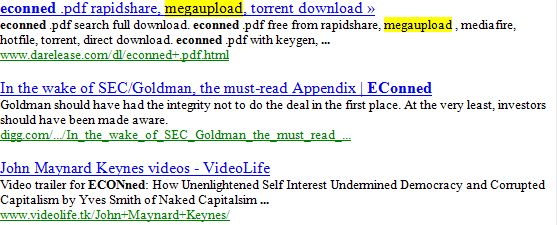Philosophical Gourmet report
The Rule of Law is Vastly Under-Priced Cassandra
A cyberfriend writes to remind me that when Charles Dickens visited America for the first time in 1842, he was mobbed wherever he went, an experience that he described in a letter to John Forster, his friend and biographer:
I can do nothing that I want to do, go nowhere where I want to go, and see nothing that I want to see. If I turn into the street, I am followed by a multitude. If I stay at home, the house becomes, with callers, like a fair. If I visit a public institution, with only one friend, the directors come down incontinently, waylay me in the yard, and address me in a long speech. I go to a party in the evening, and am so inclosed and hemmed about by people, stand where I will, that I am exhausted for want of air. I dine out, and have to talk about everything to everybody. I go to church for quiet, and there is a violent rush to the neighbourhood of the pew I sit in, and the clergyman preaches at me. I take my seat in a railroad car, and the very conductor won’t leave me alone. I get out at a station, and can’t drink a glass of water, without having a hundred people looking down my throat when I open my mouth to swallow. Conceive what all this is! Then by every post, letters on letters arrive, all about nothing, and all demanding an immediate answer. This man is offended because I won’t live in his house; and that man is thoroughly disgusted because I won’t go out more than four times in one evening. I have no rest, or peace, and am in a perpetual worry.





